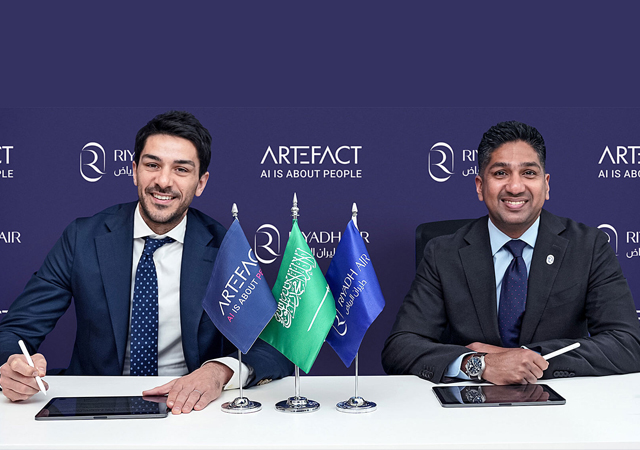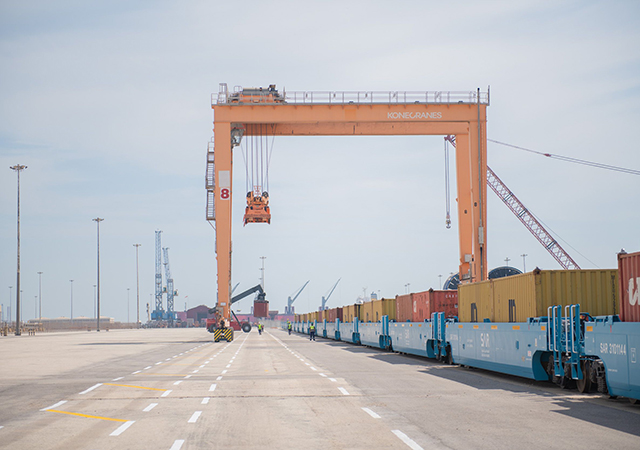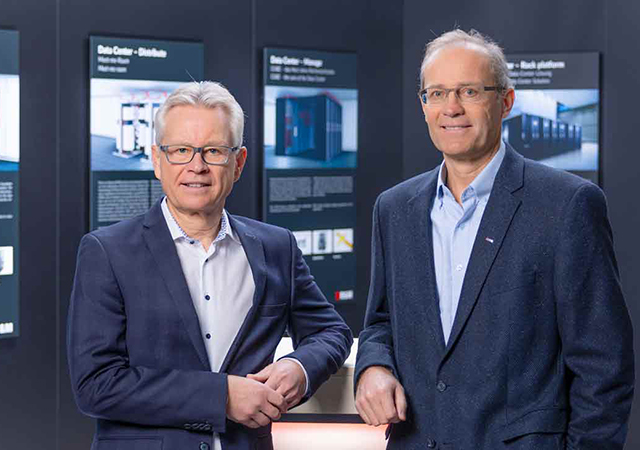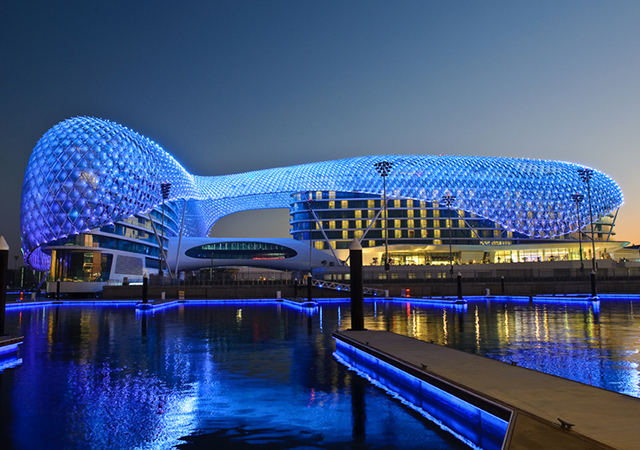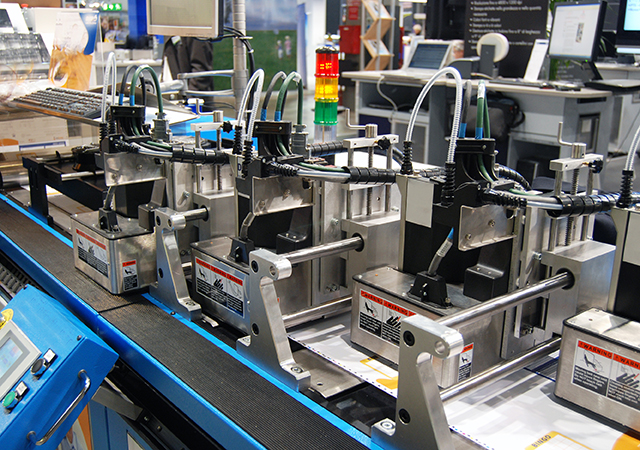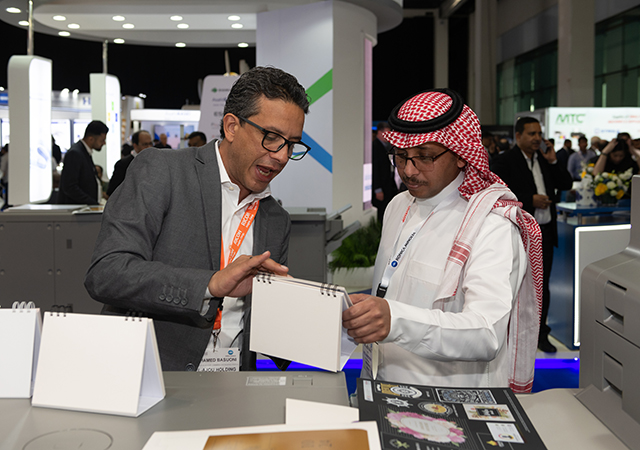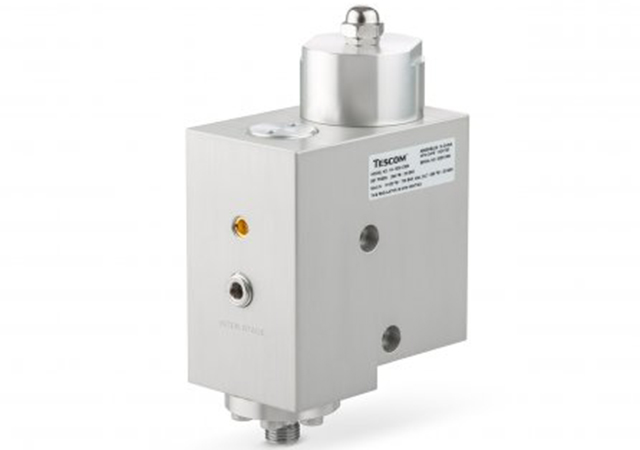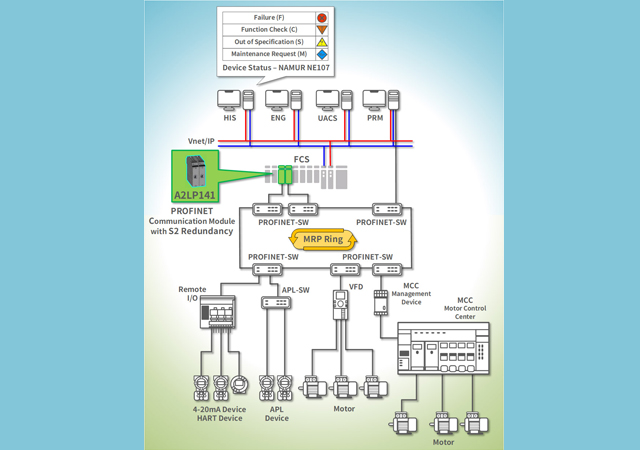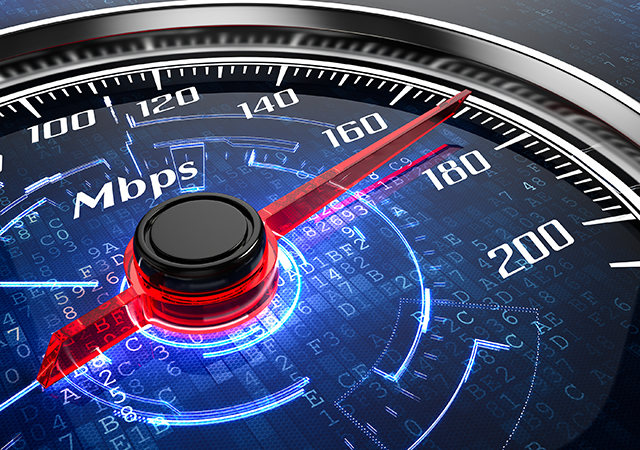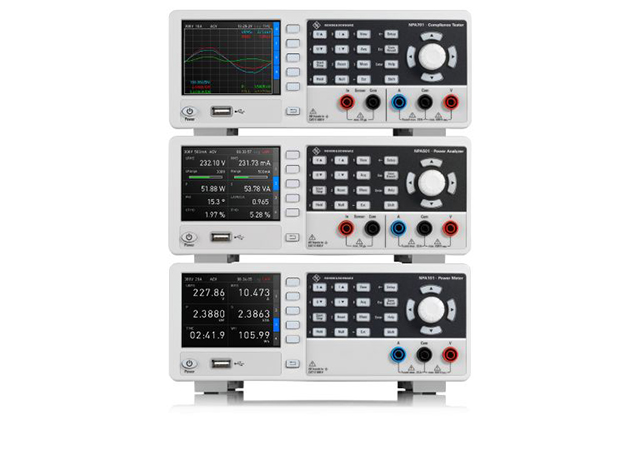
Saudi Arabia's non-oil industries sector grew seven per cent in 2000 with the private sector advancing 3.5 per cent compared with 1999, according to government estimates. Growth figures for other sectors are: construction three per cent, electricity and gas four per cent, transport, storage and telecommunications three per cent and petroleum 39.4 per cent.
The Kingdom's gross domestic product (GDP) was projected to grow by 15.5 per cent to SR535 billion ($142 billion) during 2000. King Fahd, who outlined the provisions of the budget for 2001 at a cabinet meeting, attributed the GDP growth to the increase in oil prices and production.
The current account is estimated to record a surplus amounting to SR55.6 billion in 2000, resulting from an increase in the prices and quantities of oil and petrochemical products, despite the growth in imports and transfers.
Non-oil exports were expected to grow by 10.2 per cent in 2000 to total SR 24 billion. Bank deposits recorded a growth of 4.3 per cent during the first 10 months of 2000 while currency outside banks dropped by 15.7 per cent. Banks' capitals and reserves reached SR43.3 billion, a 2.3 per cent increase over the corresponding period in the previous year.
The stock market was buoyant following stronger economic activity and an improvement in the investment environment during 2000. The Ministry of Finance and National Economy had expected revenues to reach SR248 billion in 2000 while expenditure was put at SR203 billion. Specialised development institutions such as the Industrial Development Fund, the Agricultural Bank, the Real Estate Development Fund, the Credit Bank and the Public Investment Fund were expected to be active in providing assistance to projects. Loans for development projects in 2001 in the industrial, agricultural and real estate sectors are expected to reach SR6.3 billion.
The budget for 2000, which has both revenues and expenditure projected at SR215 million, has projected an increase in spending of SR30 billion which could be good for the effort to revive the economy.
Allocations for the infrastructure, industry, agriculture and some other economic sectors totalled SR11.2 billion, an increase of six per cent. The budget includes provisions for dams, wells, installations of pumping and purification plants and the expansion and improvement of existing desalination plants. The total cost of implementing these projects will reach more than SR3.5 billion over several years. The King noted the effective role being played by the non-government sector and the efforts to reduce dependence on the government sector.
King Fahd observed that several new laws had been approved including the foreign investment law and the law on the ownership of real estate by foreigners. He noted that new government institutions had been set up including the General Investment Authority and the Higher Tourism Authority.
Education and manpower training has SR53.3 allocated in the new budget, an increase of eight per cent over the 2000 budget. King Fahd said the sector had received 25 per cent of the budget because of its great importance. The outlay would enable universities and colleges, particularly the medical and technical colleges and vocational training institutes to receive more students.
"When preparing this budget we have taken into consideration the aim of achieving fiscal balance while at the same time supporting sectors that ensure continued development," the King said.
The new fiscal year will see the opening of 30 new hospitals and the strengthening of medical facilities. The Saudi population will also benefit from the allocations for social development, municipal services and water projects.
Some 27,000 new jobs, particularly in the education and health sectors, are to be generated. The new budget has SR38 billion earmarked for new projects with SR29 million allocated for education, health, social development, municipal services, water, sanitary drainage, transport and communications. Transport and communications were allocated a sum of SR5.8 billion, an increase of four per cent over the previous year's budget.


